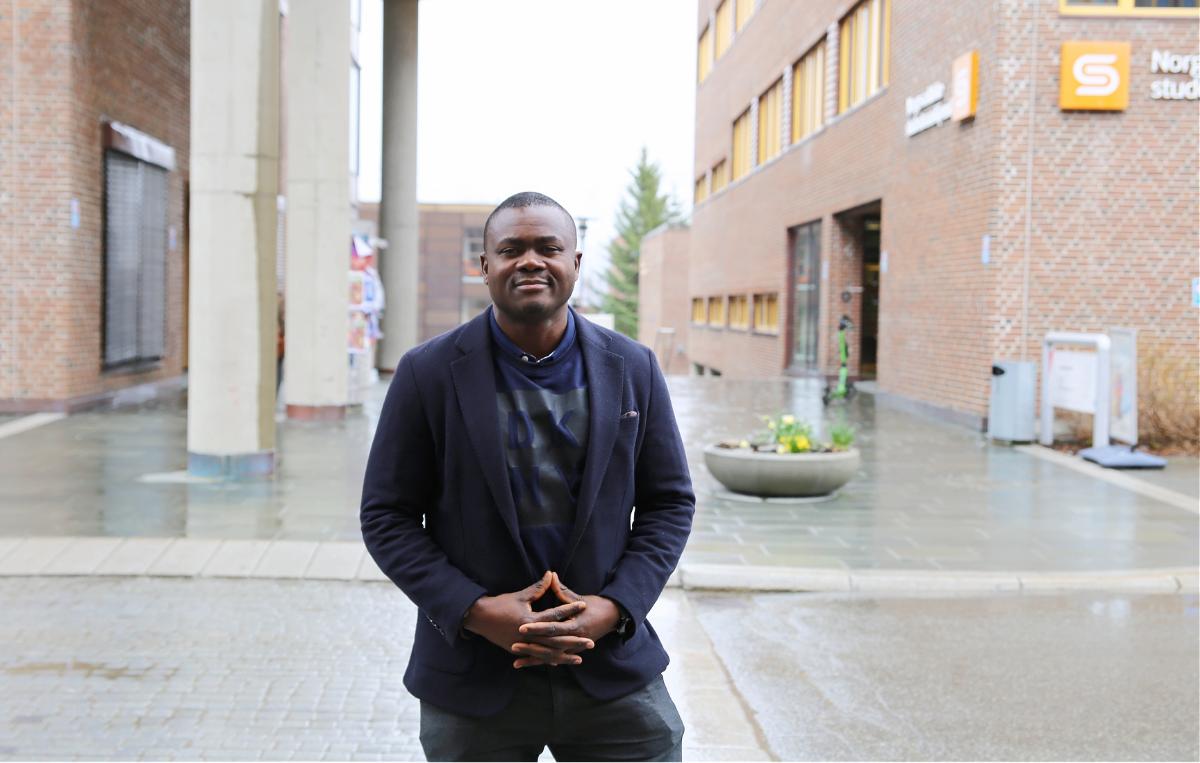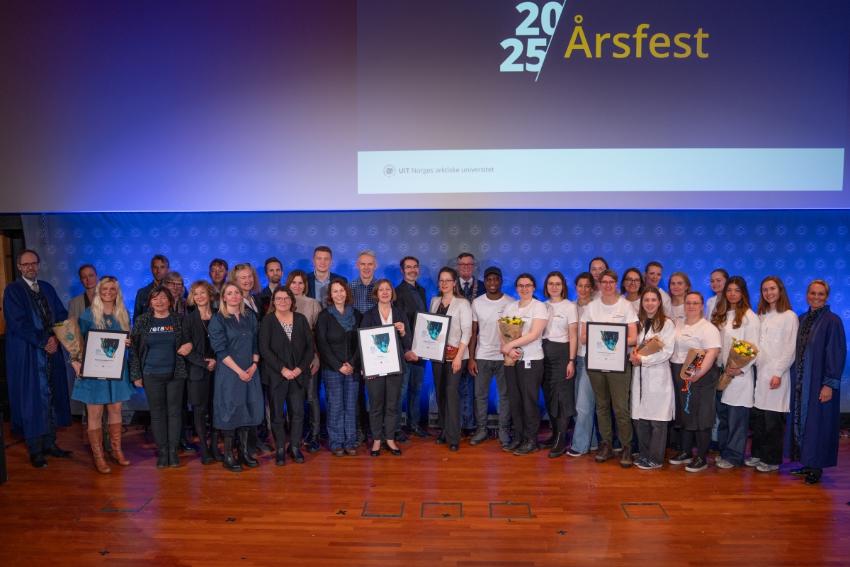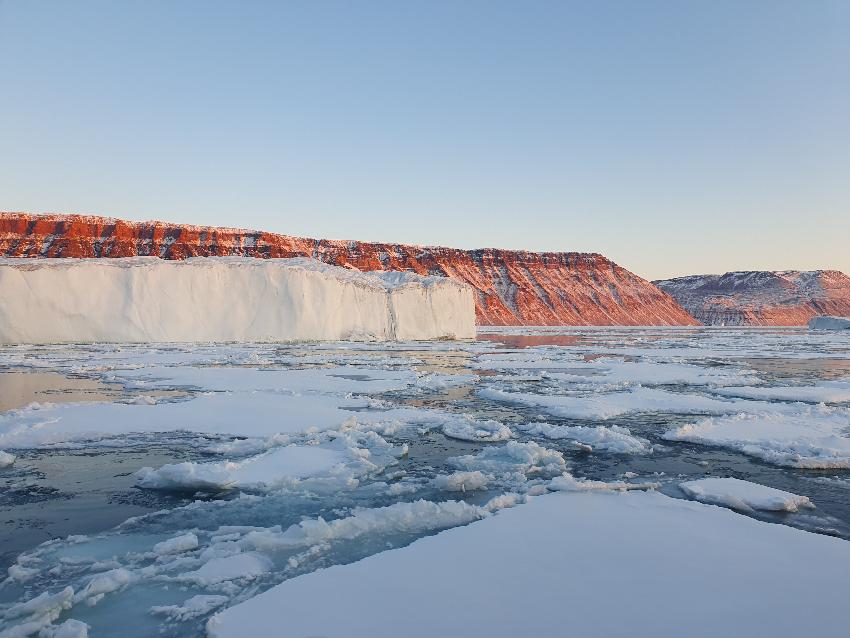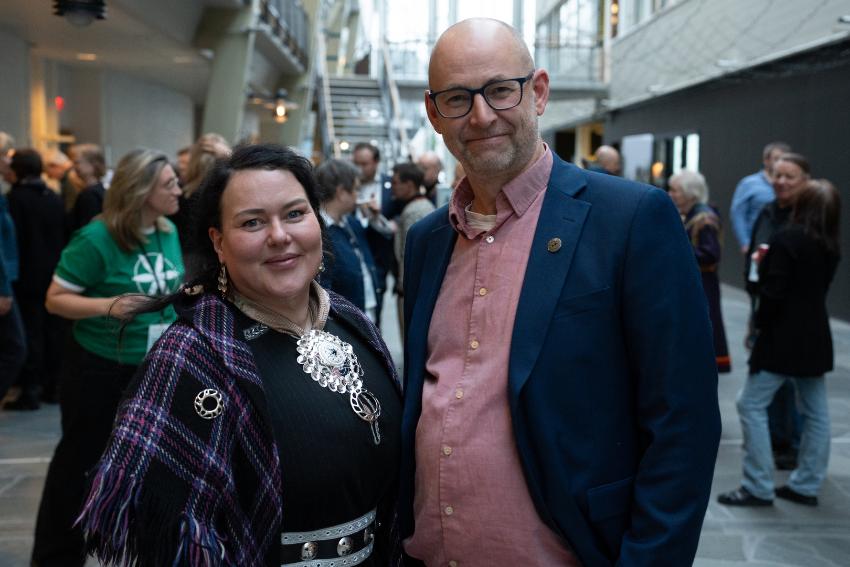Navigating Sami Children's Futures in Norway's Climate Transition
Exploring Human Rights, Indigenous Realities, and Green Energy Initiatives

The intersection of Human Rights Law and Climate Change has garnered increasing attention from both policy and legal perspectives. A notable recent development is the European Court of Human Rights' judgement against Switzerland concerning the climate rights of elderly women.
In Norway, the inclusion of Indigenous Peoples' rights, exemplified by the Fosen-case, presents a juxtaposition between Human Rights Law and Climate Change.
In this pivotal case, the Norwegian Supreme Court ruled that wind farms infringed upon the human rights of Sami reindeer herders under Article 27 of the UN Convention on Civil and Political Rights. These wind farms were proposed in an area vital for the herders' winter grazing, highlighting the intricate interplay between environmental initiatives and indigenous rights.
Enter the future for Sami children
These dynamics serve as the backdrop for Gilbert Ajebe Akame's doctoral research at UiT. Gilbert, who has been a PhD researcher at the UiT – Law Faculty since last August, aims to explore the implications of Norway's green energy transition on Sami children's right to a future for themselves and their culture.
"More specifically, I want to examine the challenges and opportunities at the intersection of the herding rights of Sami children and the transition to green energy," Gilbert explains.
To achieve this, he plans to conduct field studies with young Sami people, hoping that their personal experiences, desires, and aspirations can offer invaluable insights for his research.
"I believe that the voices and perspectives of children and young people are crucial for addressing the challenges of the future," Gilbert emphasizes.
Building on this, Gilbert also intends to explore alternative legal and policy frameworks that can support both environmental sustainability and the rights of Sami children.
Arctic Advantages
"For this research, UiT is the ideal setting," Gilbert notes, citing the university's geographic location in the Arctic and its leading role in studying climate change implications in the region. He also highlights the Faculty of Law's prominence in researching indigenous peoples and Sami legal rights.
"Platforms such as the Research Group on Child Law and the monthly Faculty of Law research lunches provide ample opportunities for discussions, feedback, and knowledge exchange," Gilbert adds.
"I hope that my research can offer meaningful insights into Climate Change, Indigenous peoples, and Human Rights, while also fostering optimism for the future," Gilbert concludes.
Do you find Sami and Indigenous Peoples Law and Child Law interesting?
Faculty of Law at UiT have it's own research group for Sami and Indigenous Peoples Law and Child law.
In the fall of 2024 we also offer the Master's course JUR-3605 Indigenous People’s Rights.
Kortnytt fra Det juridiske fakultet



